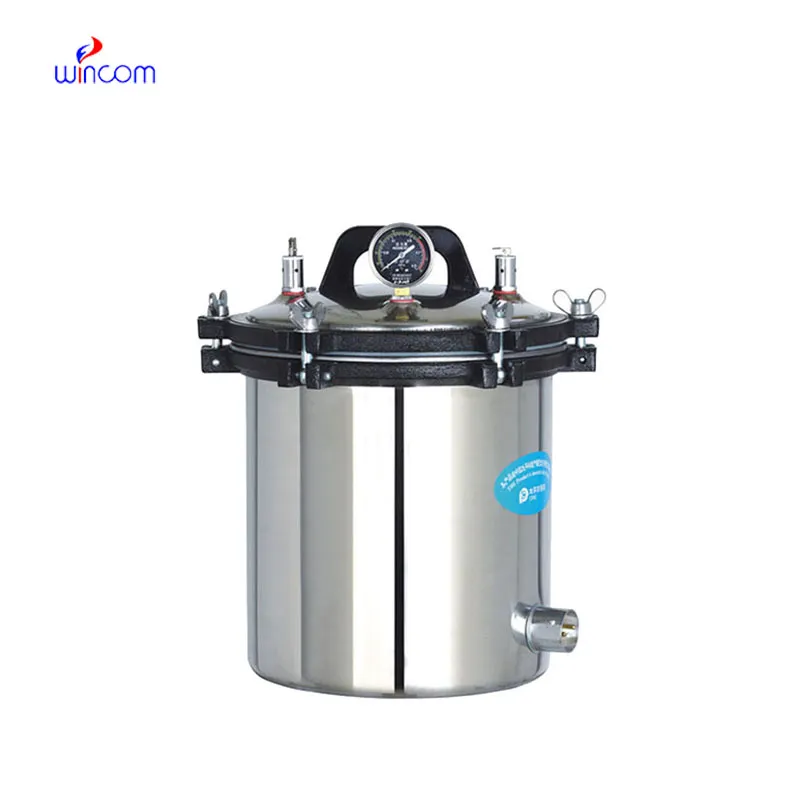
The claustrophobia and mri machines is constructed using stable cooling systems and advanced electronics to ensure continuous stable operation. It is capable of conducting structural and functional scans at the same time using its multi-mode imaging mode. The claustrophobia and mri machines further has data sharing capabilities to enable seamless communication across hospital departments.

The claustrophobia and mri machines is typically employed in abdominal imaging to assess the organs like the liver, kidneys, pancreas, and intestines. The claustrophobia and mri machines can identify cysts, lesions, and infection. The claustrophobia and mri machines enjoys higher contrast resolution and thus even minimal soft tissue abnormalities can be detected by radiologists.

Future development of the claustrophobia and mri machines will be directed towards hybrid imaging systems that combine MRI with another modality such as PET or ultrasound. Combining them will provide us with information in more than one dimension regarding structure and function. The claustrophobia and mri machines will be a key tool for precision diagnosis and personalized treatment planning.

The claustrophobia and mri machines should be kept in a controlled environment to prevent overheating and condensation. Inspection of filters, ventilation systems, and electrical grounding is necessary from time to time. The claustrophobia and mri machines should be tested for performance to ensure signal strength, image resolution, and alignment accuracy.
The claustrophobia and mri machines provides enhanced diagnostic functionality for identifying abnormalities in tissues and organs. It relies on magnetic fields rather than ionizing radiation, thereby assuring safety when scanning repeatedly. The claustrophobia and mri machines enables the timely diagnosis of ailments including tumors, multiple sclerosis, and degeneration of joints.
Q: Why do MRI machines make loud noises during scans? A: The noises come from the rapid switching of gradient coils that generate precise magnetic fields necessary for capturing detailed images. Q: Can MRI scans be done with contrast agents? A: Yes, sometimes contrast agents like gadolinium are used to highlight specific tissues or blood vessels, improving visibility of certain conditions. Q: How should MRI machines be maintained? A: Regular calibration, cryogen level checks, and environmental control are essential for maintaining stable magnetic performance and image accuracy. Q: Is MRI safe during pregnancy? A: MRI is typically considered safe during pregnancy, especially after the first trimester, but contrast agents are usually avoided unless medically necessary. Q: Can MRI be used in veterinary medicine? A: Yes, MRI is widely used in veterinary hospitals to diagnose brain, spine, and joint conditions in animals with the same precision as in human medicine.
The centrifuge operates quietly and efficiently. It’s compact but surprisingly powerful, making it perfect for daily lab use.
We’ve been using this mri machine for several months, and the image clarity is excellent. It’s reliable and easy for our team to operate.
To protect the privacy of our buyers, only public service email domains like Gmail, Yahoo, and MSN will be displayed. Additionally, only a limited portion of the inquiry content will be shown.
Hello, I’m interested in your water bath for laboratory applications. Can you confirm the temperat...
We’re currently sourcing an ultrasound scanner for hospital use. Please send product specification...
E-mail: [email protected]
Tel: +86-731-84176622
+86-731-84136655
Address: Rm.1507,Xinsancheng Plaza. No.58, Renmin Road(E),Changsha,Hunan,China